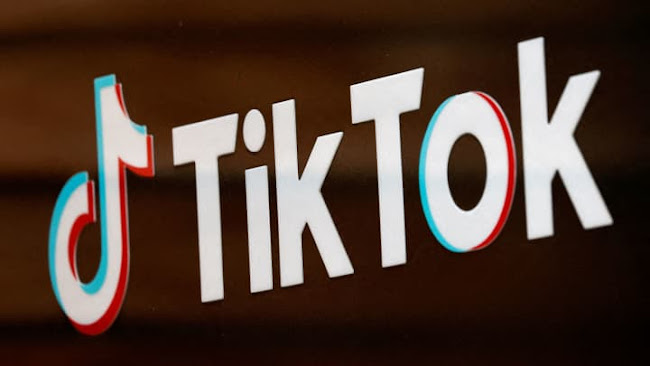Google Introduces Gemma: A New Series of Open-Source Generative AI Models as a Lightweight Alternative to Gemini, Now Available for Open Source Contribution
Google Unveils Open-Sources Gemma Generative AI Models as Lightweight Gemini Alternative
• Google has recently unveiled Gemma, a novel series of open-source generative AI models, positioning it as a viable alternative to its existing Gemini lineup.
• Gemma comes in two variations: Gemma 2B and Gemma 7B, tailored to cater to developers' preferences for lightweight yet efficient models.
• Named after the Latin word for "precious stone," Gemma is touted by Google for its value and accessibility, contrasting with the Greek-inspired Gemini series.
• The models boast both pre-trained and instruction-tuned variants, providing versatility for a range of tasks, from immediate use to optimized performance.
• Leveraging common frameworks such as PyTorch, TensorFlow, and JAX, Gemma simplifies fine-tuning on custom datasets for developers.
• Google asserts that Gemma achieves top-tier performance among publicly available models of comparable sizes, supported by test results validating this claim.
• Jeanine Banks, Google's VP and GM for Developer X, underscores Gemma's technical prowess and its ability to run directly on developers' local machines.
• Gemma's adaptability extends from individual laptops to robust cloud computing systems, with optimizations for Nvidia GPUs and Google Cloud's Vertex AI.
• Ensuring safety and responsibility, Google employs techniques like data filtering and reinforcement learning to meet rigorous standards.
• To aid developers in upholding these standards, Google introduces the Responsible Generative AI Toolkit, offering best practices and debugging resources.
• Google envisions Gemma's potential impact across various domains, particularly in healthcare and education, by lowering resource demands and expediting AI application development.
• While Gemma's smaller size renders it less powerful than the Gemini series, its accessibility and ease of use are highlighted for specific contexts.
• To encourage adoption, Google provides free access to Gemma through platforms like Kaggle and Colab notebooks, alongside substantial Google Cloud credits for researchers.
• With plans to expand the Gemma model family, Google anticipates introducing new variants to cater to diverse applications and user needs.
Disclaimer:
The following summary is based on publicly available information as of the specified date and is intended for informational purposes only. While efforts have been made to accurately represent the content of the original news article, readers are encouraged to consult the original source for complete details and updates. Additionally, the views and opinions expressed in the original article belong solely to the author(s) and do not necessarily reflect those of the summarizer or any affiliated parties. [Original News Article Link]




Comments
Post a Comment